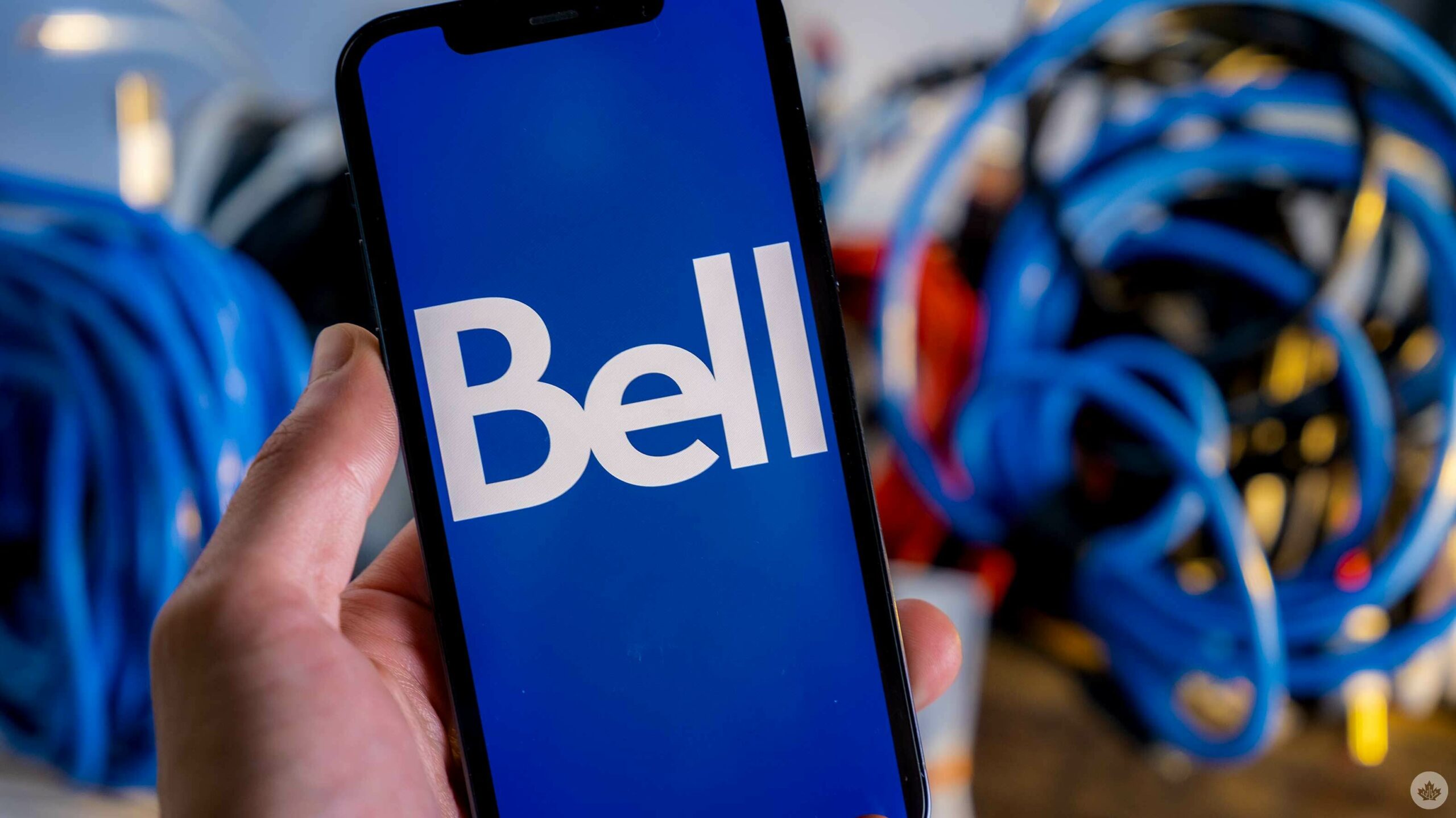
Unsurprisingly, Bell has requested Canada’s Federal Court for leave to appeal the recent Canadian Radio-television and Telecommunications Commission (CRTC) decision mandating Bell and Telus to offer wholesale internet service over their fibre networks in Ontario and Quebec.
The Montreal-based telecom company also wants the court to issue an interim stay of the decision pending the court’s ruling on the appeal request.
As detailed by the Globe and Mail, Bell claims the CRTC committed an error of law and exceeded its jurisdiction with the November 6th wholesale order. In legal documents filed with the Federal Court of Appeal, Bell claimed it would face “irreparable harm” and unrecoverable costs if the order isn’t overturned.
The legal fight comes after Bell followed through on threats to significantly cut planned investments in its network.
Bell estimated it would need to spend $4.7 million to build out the required systems for the order, as well as spend $30 million on training and equipment. The company says at least $14 million of that wouldn’t be recoverable.
The November 6th order is part of the CRTC’s efforts to improve affordability and increase the number of internet options available to consumers. The commission previously said it found that the number of customers served by independent, wholesale-based competitors in Ontario and Quebec fell by 47 percent between 2018 and 2022. It’s worth noting that over the last several years, several independent internet service providers (ISPs) were acquired by bigger players, including Bell, Telus, Rogers, Cogeco and more.
The order is also notable for being the first time the CRTC mandated aggregated network access, which includes both the local wires to individual homes and businesses as well as the longer-distance transport routes between them. Incumbent telecom players have been required to provide access to local connections since 2015, per the Globe.
Responses to the CRTC’s order have varied significantly. Bell has been most hostile, taking legal steps to stop the order. Telus, also impacted by the order, said it was “assessing” the decision. Rogers isn’t impacted, but the company’s CEO said the decision would “level the playing field.” Independent ISP TekSavvy called the ruling “flawed,” though its reasons differ from Bell’s issues with the order. TekSavvy said the wholesale internet rates set by the order are higher than the retail prices charged by incumbents, which means the order won’t bring “meaningful price relief.”
Source: Globe and Mail
MobileSyrup may earn a commission from purchases made via our links, which helps fund the journalism we provide free on our website. These links do not influence our editorial content. Support us here.


